Bless the person who invented the dishwasher! Ever since humanity was graced with this amazing gift, thousands of people have benefited from its functions and utility. Just think about the countless hours spent in front of the sink, scrubbing and rinsing heaps of dirty dishes instead of doing something that you really enjoyed.
We have to admit that dishwashers simplify our lives, and it only takes a few minutes to load the dishes and then let the machine do its wonders for an hour or two. The result? Squeaky clean dishes!
However, there are certain situations when the unloaded glasses and cutlery are not exactly as crystal clear as one would expect. That’s not the dishwasher’s fault…you’re the one to blame for the spots or white residue on your dishes.
Read on to find out what you’re doing wrong and how to rectify the problem!

First, learn how to correctly load a dishwasher.
You might think you know how to do it properly, but what if you’re wrong?
This seemingly simple action could make or break the washing cycle, so we’ve asked Morgan Eberhard, senior scientist at Cascade, and Brandon Pleshek, third-generation janitor and cleaning specialist, for some tips and tricks. Remember, your dishwasher has been created to help you and simplify your chores, but you also need to allow it to show you its “talents”.
Why do spots show up?
Well, to answer this question, you need to know that the white spots you see on your dishes are calcium and magnesium residues created by water. High water has a higher percentage of those minerals therefore, dishes will require an extra rinse.
“The ‘sheeting action’ of the rinse aid helps keep water from clinging to your dishes so the drops don’t hang around leaving residue”, explains Eberhard. This is the most efficient and quick way to eliminate the spotting; if the results are not the desired ones, then the following things might be responsible for your spotty dirty dishes.
A clogged or dirty filter
Not only can a dirty filter cause spots and film on your dishes but it can also generate a very annoying stench. According to Plseshek, as well as many other cleaning experts, it’s important, if not crucial, to clean your dishwasher’s filter on a monthly basis with hot and soapy water.
As a matter of fact, the entire dishwasher needs periodic maintenance either by running an empty wash cycle or using a cleaning pod to eliminate build-up and nasty odors. Every few months you can also go for a more in-depth cleaning.
Speaking of bad odors, check out these 8 Surprising Reasons Why Your Home Smells Weird and see if your dishwasher might be one of them.
You’re not loading the glasses correctly.
This is where Eberhard and Pleshek say most people do it wrong. According to Eberhard, the trick is to position the cups and glasses at a certain angle on the top rack so as to avoid the collection of water after the final wash cycle. Another secret is to avoid loading the cups over the top rack’s tines but between them, to prevent the items from touching and drying with spots.
If you have been making this mistake, change your loading routine and see the difference. Speaking of mistakes, here are 8 Terrible Cleaning Mistakes People Had No Idea They Were Making.
The water temperature
If the water temperature is too low, the evaporation process takes longer, allowing soap or mineral deposits to form on your dishes and cutlery. Another issue with low water temperatures is that detergents are not fully dissolved, which means you’ll end up with white residue on your dinnerware.
On the other hand, if the water temperature is too high, namely over 140 degrees, you get etching. You might want to sanitize your dishes, but don’t do it too often unless you want to buy new dinnerware sooner than you think.
The recommended water temperature for an effective wash cycle is between 120 degrees and 140 degrees. Stick within these numbers and your dishes should be just fine. And whatever you do, make sure you know about these 12 Things You Shouldn’t Clean with Water.

Why are your dishes gritty and cloudy?
Hard water might be the culprit for the white residue found on your dishes. To verify if that’s the case or not, try cleaning the residue with vinegar or washing the item with warm water and dish soap. If you can easily remove the film, then hard water is the cause. If you cannot remove the residue, it means you are dealing with etching, that is scratches all over the glass.
Hard water problems can be fixed with rinse aids used during the final rinse of the wash cycle. Unfortunately, in the case of etching, the only solution is … a new set of glasses. But if you read on, you’ll learn how to prevent etching and save some money in the process!
You might also be interested in finding out more about these 7 Dirtiest Things Most People Forget to Clean.
Pre-rinsing
It seems natural to pre-rinse the dishes before loading them into the dishwasher. But guess what? You might be doing more harm than good and end up with even dirtier-looking dishes. Why?
As explained by Eberhard, “When there is no food on the dishes to break down nor any hard water minerals present because of soft water, it can lead to the removal of metal ions in glassware, causing etching to occur.”
Sounds like rocket science. But we assure you it is not! You just need to stop the pre-rinsing and just scrape the food off as much as you can before placing the dishes in the dishwasher. The dishes will still have food residue and spots, giving the detergent a good run for its money.
Speaking of detergent…
You’re using too much/too little detergent
“Too much of something is bad enough”, as a very popular song of the ’90s says. In this case, too much detergent can create a build-up that cannot be easily rinsed, especially if you’re running half loads. To make sure you eliminate some of the residue, wash the dishes with some dish soap or use some vinegar.
Soft water does not go hand in hand with too much detergent either. “This milky film-like surface cannot be removed because metal ions have been removed from the surface of the glass by silica compounds,” warns GE Appliances. To enjoy crystal clear dishes even if you have soft water, use around 30 percent less detergent than you would normally do and you should see the same cleaning effect as those with hard water, as per a 2011 study.
What do you think? Do you want to test out our theories here and enjoy the results? Then wait no more and put everything into practice (or eliminate) to preserve your dinnerware as long as possible. Your guests will be surprised by how well your grandma’s cutlery looks! Speaking of guests, check out 6 Things Guests Always Notice About Your Home.

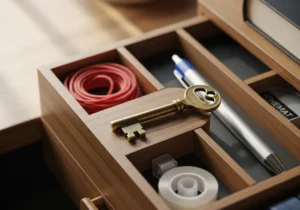
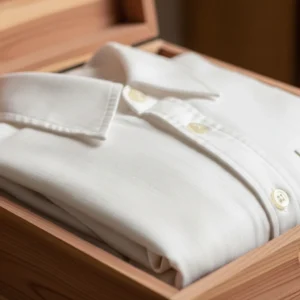
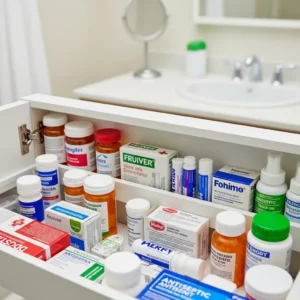
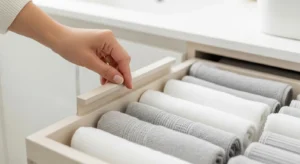
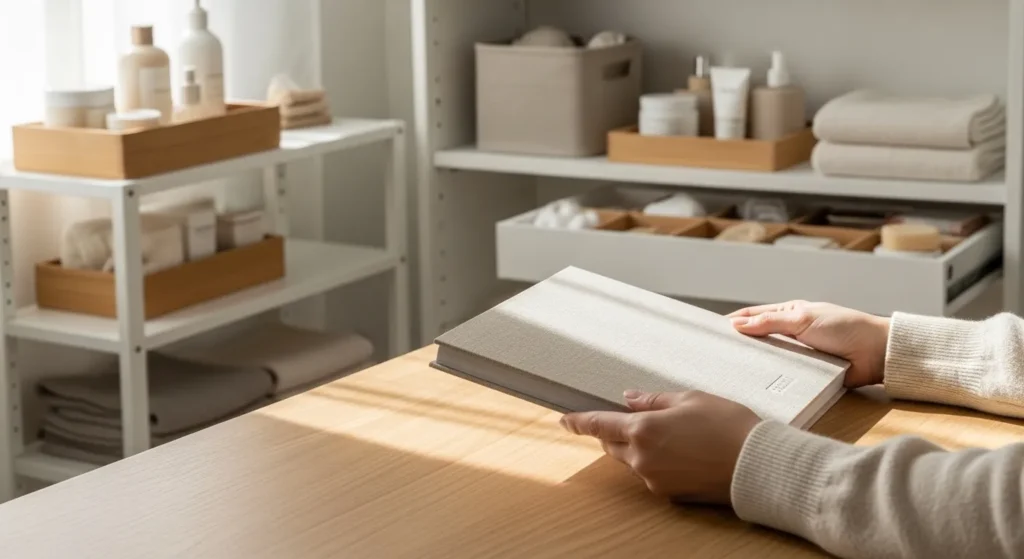
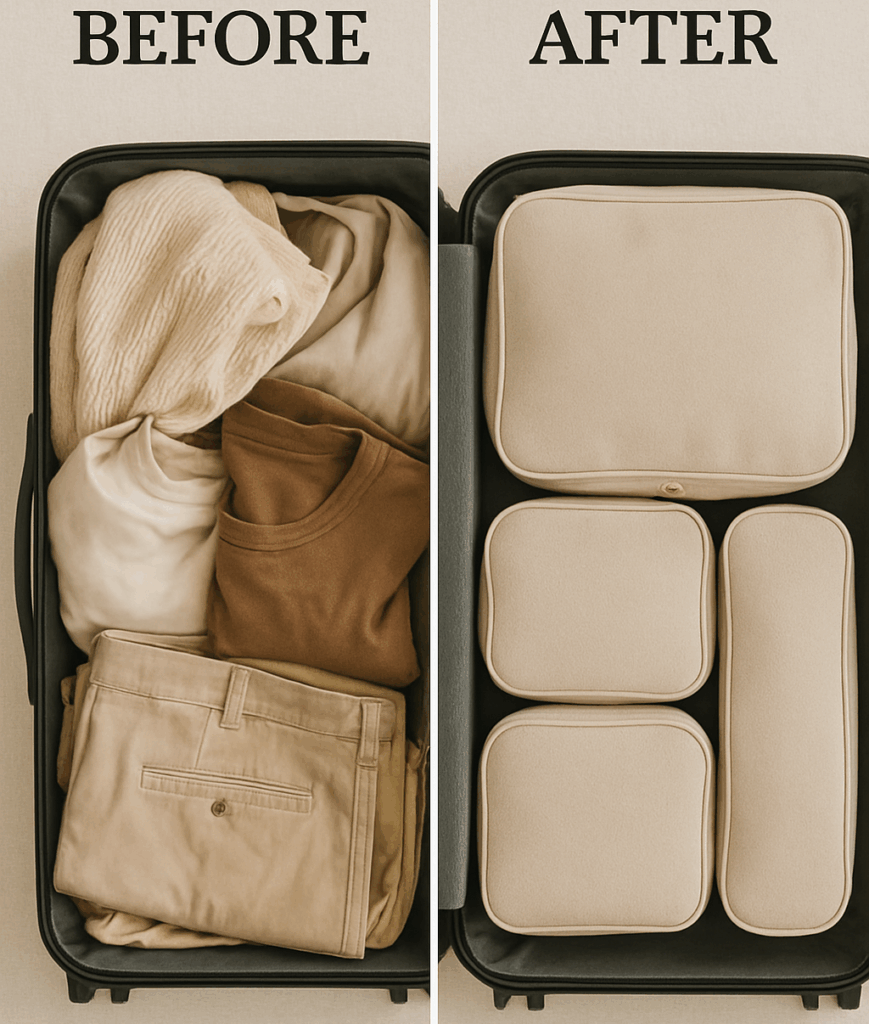

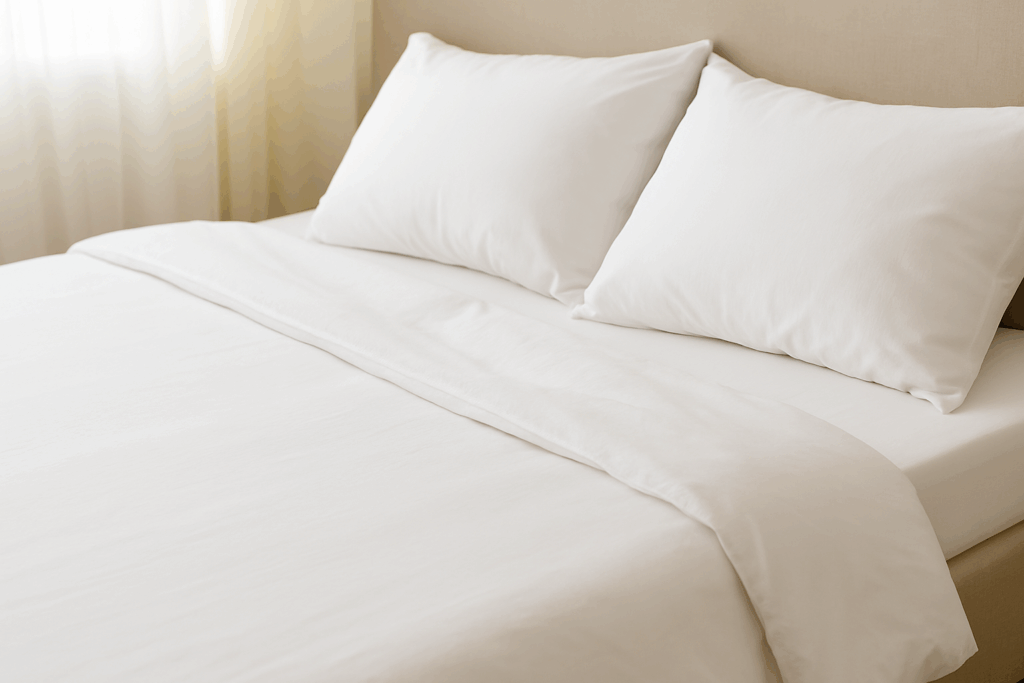
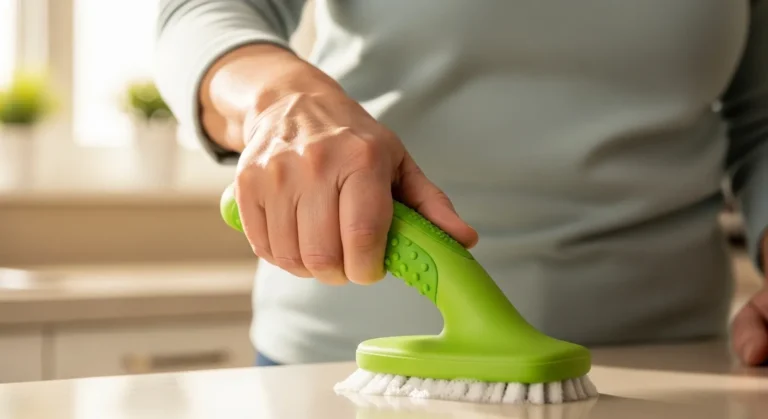
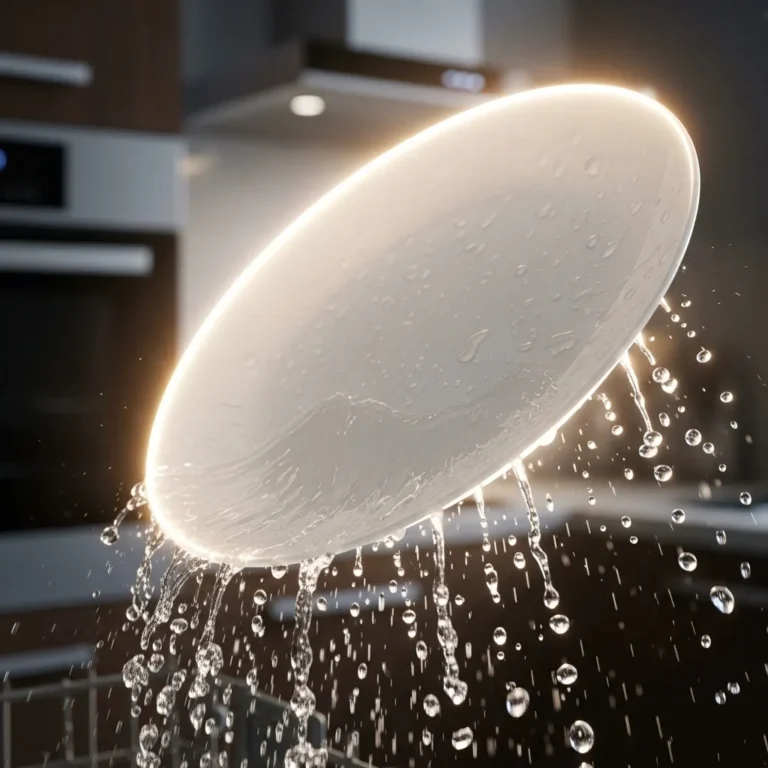

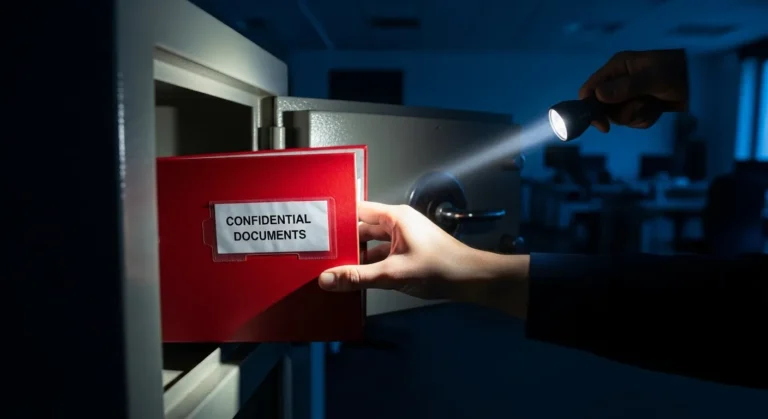
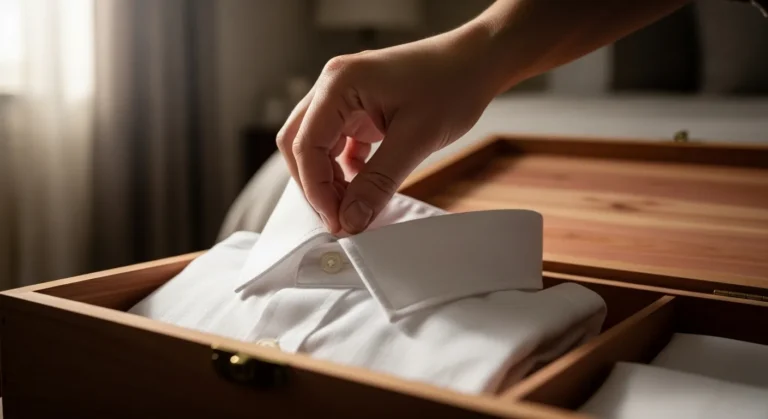
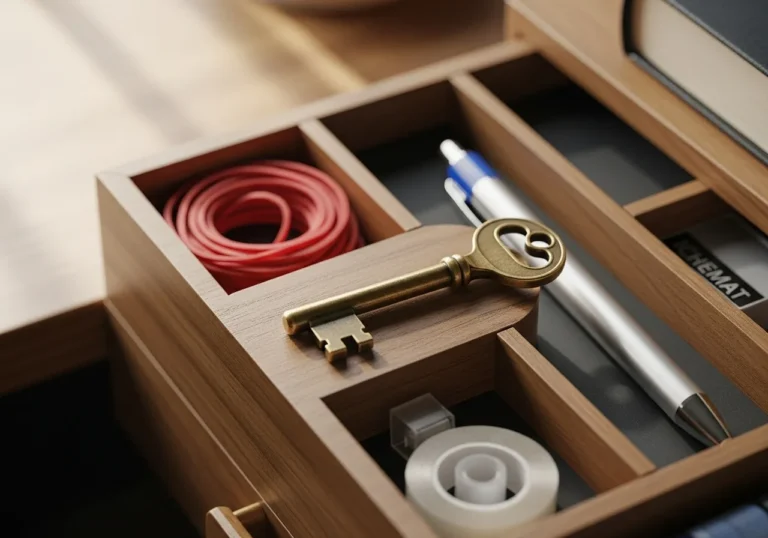
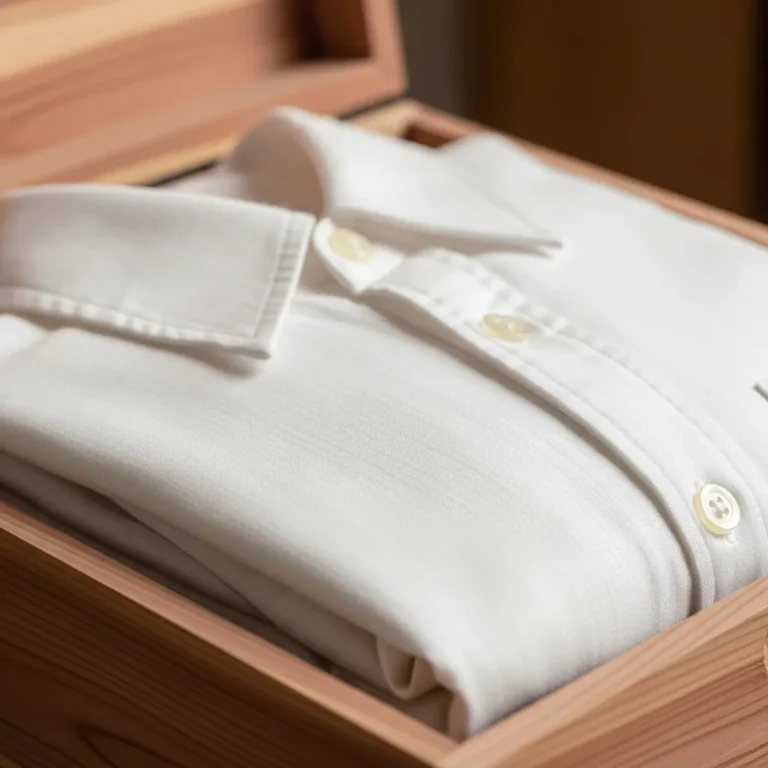
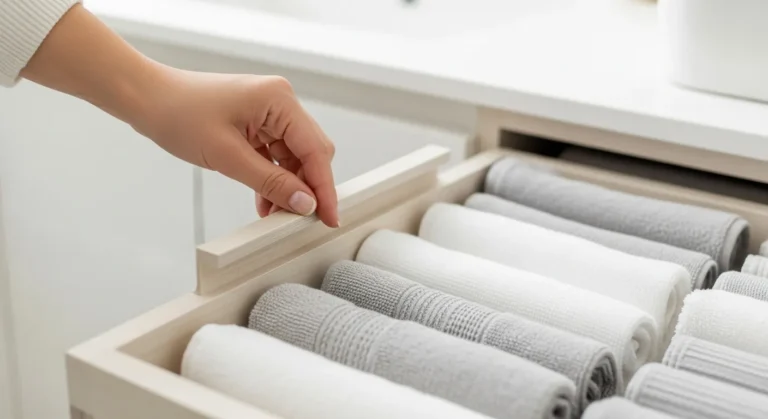
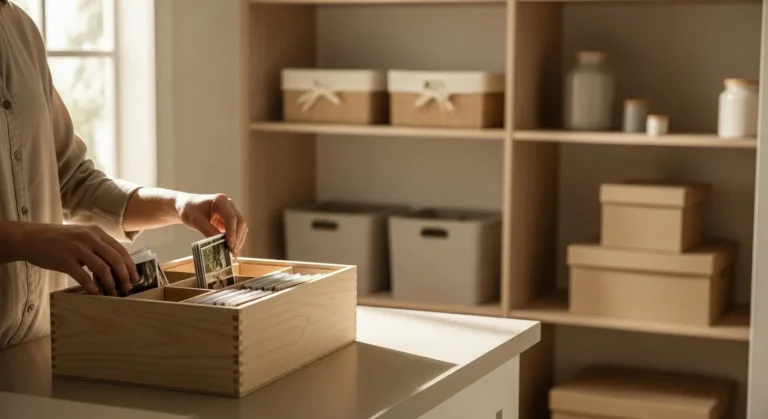
One Response
This doesn’t make any sense to me.
How do you clean a dishwasher. Do you need to wipe it clean?
Why do dishes get clean but not the dishwasher itself?
How long can you wait to wash if not rinsed off? We take 3 days minimum to fill it up to wash them.
I rinse first because after a few days the food is caked on and does not get cleaned off in the actual wash.